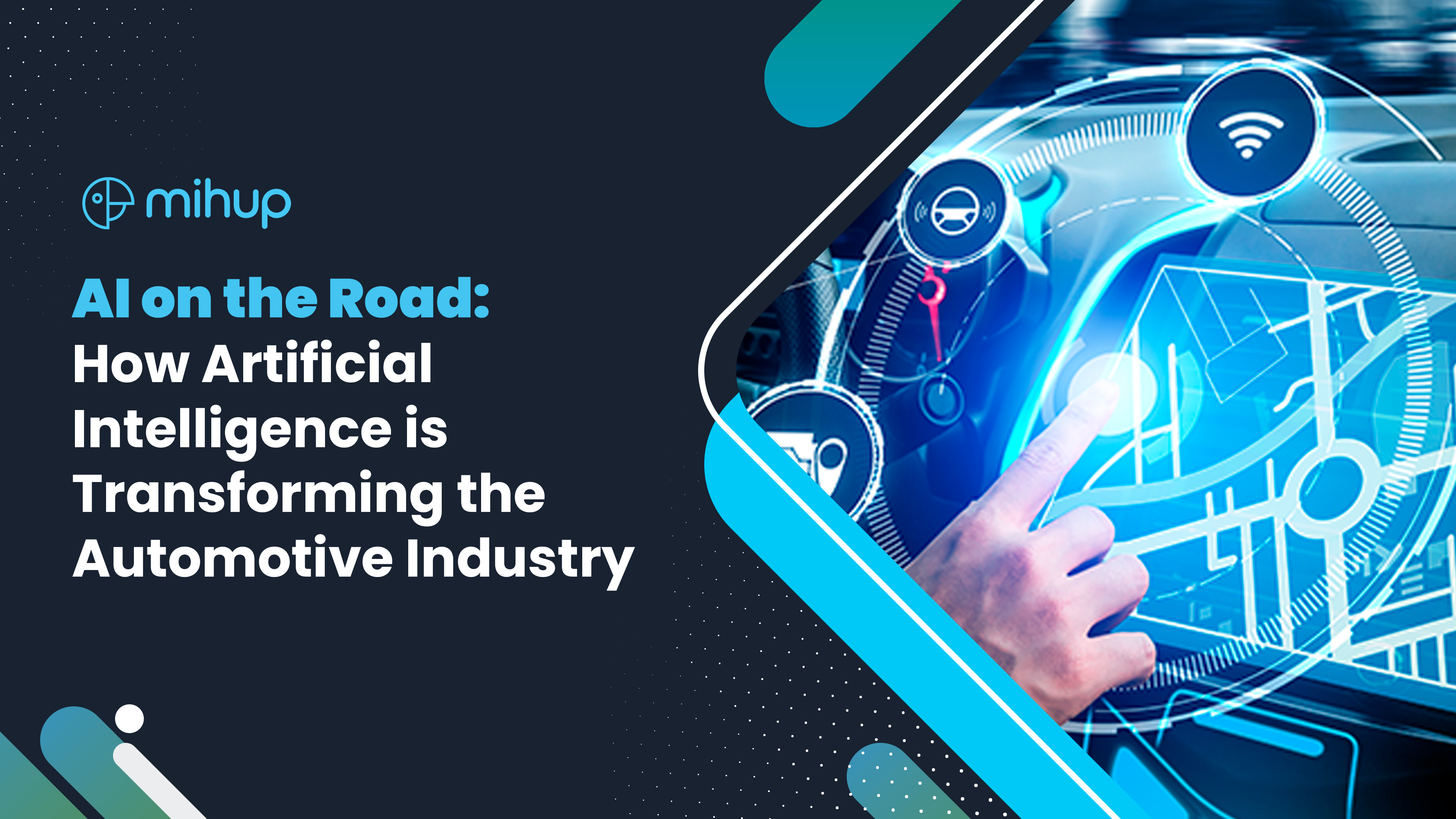Artificial intelligence (AI) is driving a revolution in the automotive industry, transforming how we interact with our vehicles. From enhancing safety to improving convenience, AI is making cars smarter and more responsive to our needs. One of the most exciting advancements in this field is the integration of voice AI and voice assistants in cars. This blog will explore how voice AI is changing the automotive landscape and what it means for the future of driving.
The Role of AI in the Automotive Industry
AI in the automotive industry is not a new concept. For years, manufacturers have been incorporating AI to improve vehicle performance and safety. However, recent advancements have taken these capabilities to a new level. AI is now at the core of innovative features such as autonomous driving, predictive maintenance, and in-car personalization. According to a report by McKinsey, the automotive AI market is expected to grow from $2.1 billion in 2019 to $9.7 billion by 2025, highlighting the significant impact of AI on this sector.
Voice AI: The Future of In-Car Interaction
Voice Assistants in Cars
Voice assistants have become an integral part of modern vehicles, enabling hands-free control and enhancing driver safety. Leading voice assistants like Siri, Google Assistant, and Amazon Alexa are now integrated into many car models, allowing drivers to perform various tasks without taking their hands off the wheel. These tasks include setting navigation routes, playing music, making phone calls, and even controlling smart home devices.
Benefits of Voice AI in Cars
1. Enhanced Safety:
Voice AI reduces the need for manual interaction with the car’s interface, allowing drivers to keep their eyes on the road and hands on the wheel. Voice controls reduce driver distractions by allowing them to control vehicle functions through voice commands and minimising the need for touchscreens. This approach aligns with safety directives from organisations like NCAP, emphasising the importance of reducing distractions to enhance road safety.
2. Improved Convenience:
With voice AI, drivers can effortlessly access information and control car features. For example, a driver can ask for weather updates, find nearby restaurants, or adjust the cabin temperature without fumbling with buttons or screens.
3. Personalized Experience:
AI-powered voice assistants can learn user preferences over time, offering a more personalized driving experience. They can suggest routes based on past behaviour, recommend music playlists, or even remind drivers of upcoming appointments.
Voice AI Technology in Cars
Voice AI technology relies on advanced natural language processing (NLP) and machine learning algorithms. These technologies enable the system to understand and respond to a wide range of voice commands. Leading automakers are investing heavily in voice AI research and development. For instance, Tata Motors has implemented Automated Voice Assistants [AVA] from Mihup in India which provides seamless voice interactions between the vehicle and the driver or passenger.
Case Studies: Voice AI in Action
Mihup Automated Voice Assistants
Tata uses Mihup AVA, a native embedded offline as well as hybrid voice assistant, to enhance user experience in its passenger and commercial vehicles, bridging the gap between native speakers and access to innovation. AVA Auto is currently available in the Tata Harrier, Safari, Nexon, Nexon EV, Altroz and Punch variants, with multiple upgrades set to launch soon.
Tesla Voice Command
Tesla is another pioneer in integrating voice AI in cars. Tesla’s voice command feature allows drivers to control various aspects of their vehicle, from adjusting the sunroof to navigating to specific destinations. The system continually updates and improves through over-the-air software updates, ensuring that drivers have access to the latest AI advancements.
The Future of Voice AI in the Automotive Industry
The future of voice AI in the automotive industry looks promising. As AI technology continues to advance, we can expect even more sophisticated voice assistants in cars. These assistants will be able to understand context better, offer more accurate responses, and perform a wider range of tasks.
-
Autonomous Vehicles
Voice AI will play a crucial role in the development of autonomous vehicles. In fully autonomous cars, voice assistants will be the primary mode of interaction between the passengers and the vehicle. They will handle everything from setting destinations to controlling in-car entertainment, making travel more enjoyable and efficient.
-
Seamless Integration with Smart Home Devices
As smart home technology becomes more prevalent, the integration of voice assistants in cars with these systems will become more seamless. Drivers will be able to control home devices, such as lights and thermostats, directly from their car, creating a more connected and convenient lifestyle.
Conclusion
Voice AI is revolutionizing the automotive industry, offering enhanced safety, improved convenience, and a more personalized driving experience. With continuous advancements in AI technology, the future of voice assistants in cars looks incredibly bright. As we move towards a more connected and autonomous future, voice AI will undoubtedly play a central role in shaping the driving experience.
Voice AI in cars is not just a trend; it’s a transformative technology that’s here to stay. Embrace the future of driving with AI, and experience the road like never before.





